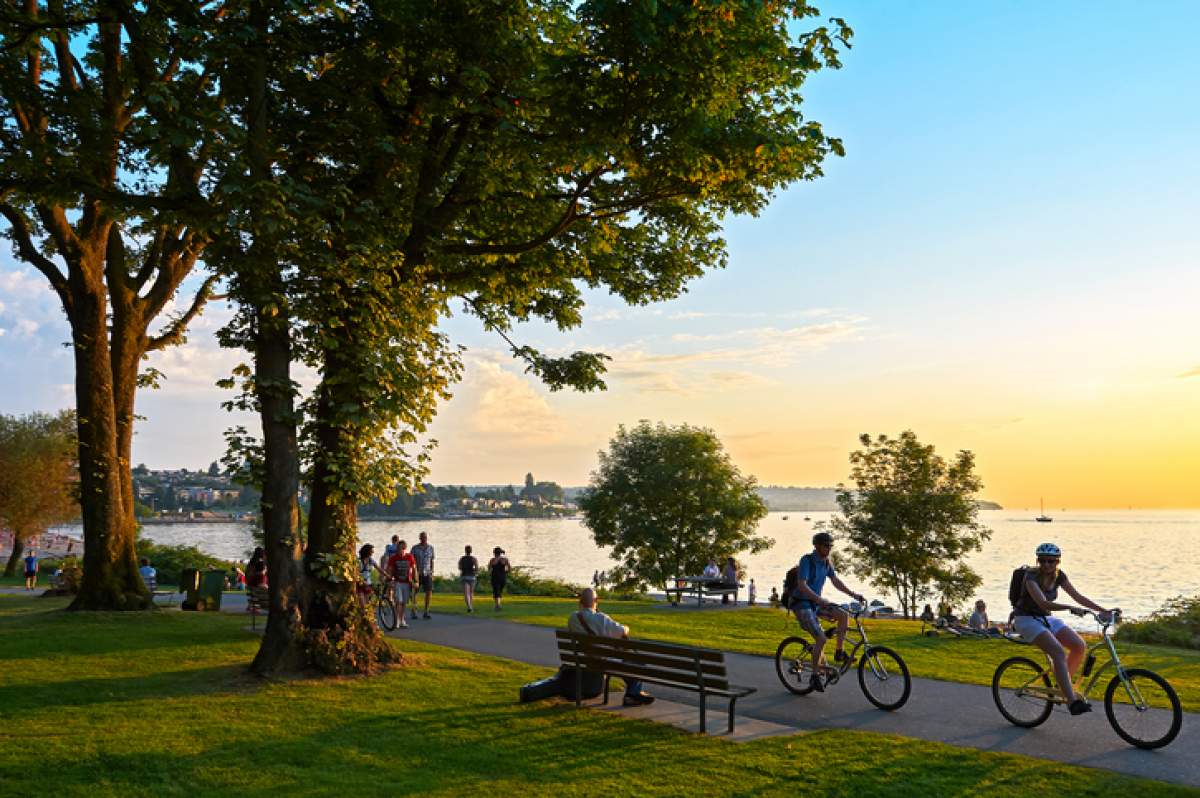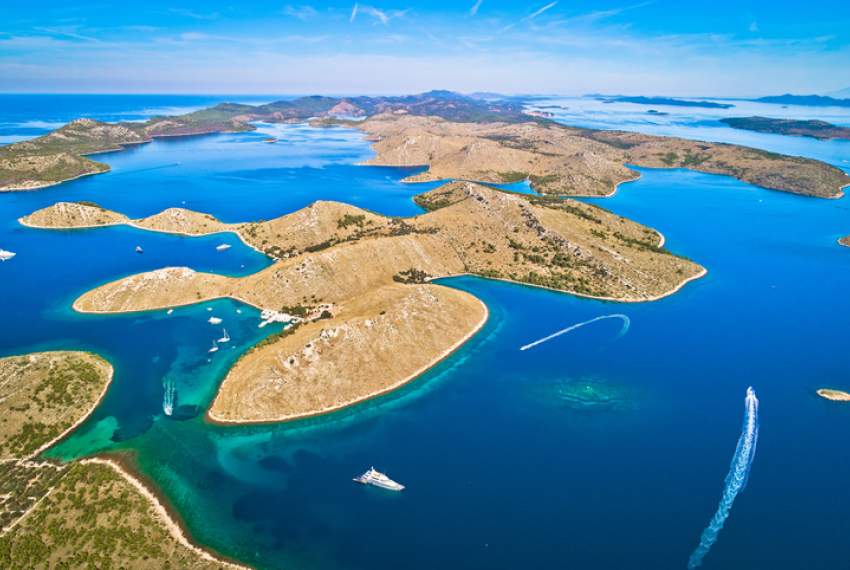The Rise of Eco-Tourism: A Sustainable Way to Travel
A Sustainable Way to Travel In recent years, eco-tourism has emerged as one of the most popular trends in the travel industry. More travelers are seeking experiences that not only showcase the natural beauty of a destination but also support sustainability and environmental preservation. Eco-tourism, by definition, involves responsible travel to natural areas that conserve the environment, respect local cultures, and promote well-being for both locals and visitors. This approach to tourism is about creating a harmonious relationship between travelers and the destinations they explore, ensuring that nature and heritage are preserved for generations to come.

Pros and Cons of Eco-Tourism
Like any form of travel, eco-tourism has its advantages and challenges. Here are some key points to consider:
Pros:
-
Environmental Conservation: Eco-tourism directly supports efforts to preserve natural habitats and biodiversity by generating funds for conservation projects.
-
Community Support: It benefits local communities by creating jobs and encouraging the development of sustainable businesses.
-
Cultural Preservation: Travelers gain a deeper appreciation for local traditions, customs, and ways of life, which helps preserve cultural heritage.
-
Educational Opportunities: Eco-tourism promotes awareness of environmental issues and inspires travelers to adopt sustainable practices.
-
Health and Wellness: Immersion in nature offers mental and physical health benefits, such as reduced stress and increased physical activity.
Cons:
-
Overtourism Risks: Popular eco-tourism destinations may face overcrowding, which can strain local resources and harm ecosystems.
-
Economic Dependence: Over-reliance on eco-tourism can make local communities vulnerable to fluctuations in tourism demand.
-
High Costs: Eco-friendly accommodations and activities are sometimes more expensive, making them less accessible to all travelers.
-
Greenwashing: Not all eco-tourism providers adhere to true sustainability practices, leading to misleading claims and reduced impact.
-
Environmental Impact: Increased foot traffic in natural areas can inadvertently disturb wildlife and degrade fragile ecosystems if not managed properly.
Eco-Tourism in Croatia
Croatia, known for its stunning coastline, historic towns, and over 1,000 islands, is also a rising star in eco-tourism. Beyond its famous beaches and vibrant cities, Croatia boasts an abundance of untouched natural landscapes, making it a haven for eco-conscious travelers. From lush national parks and pristine rivers to green mountains and sustainable rural communities, the country offers countless opportunities to connect with nature in an environmentally friendly way.
Croatia’s National Parks

Croatia is home to eight national parks, each offering unique ecosystems and breathtaking beauty. Plitvice Lakes National Park, a UNESCO World Heritage Site, is famous for its cascading waterfalls and crystal-clear lakes. Similarly, Krka National Park enchants visitors with its serene river landscapes and historic monasteries. Eco-tourists can explore these areas on well-maintained trails, enjoy guided tours that emphasize conservation, and stay in eco-friendly accommodations nearby.
Sustainable Rural Tourism
Inland Croatia, particularly regions like Istria, Slavonia, and Gorski Kotar, offers a glimpse into sustainable rural tourism. Visitors can stay in traditional stone houses, enjoy organic farm-to-table meals, and participate in activities like hiking, foraging, or learning about traditional crafts. This type of tourism not only minimizes environmental impact but also supports local communities and keeps age-old traditions alive.
Eco-Certifications in Croatia
Croatia is committed to sustainable tourism, and initiatives like Eco Domus and certifications such as Green Key highlight properties dedicated to environmental preservation. These certifications ensure that accommodations adhere to high sustainability standards, including energy efficiency and waste reduction practices. More information can be found on the official Eco Label website and Green Key.
Eco Domus: Istria’s Sustainable Initiative
source: istra.hr
In Istria, the Eco Domus program stands out as a pioneering initiative in promoting eco-tourism. This certification program, established by the Administrative Department for Tourism of the Istrian County., is designed for accommodations that adhere to strict environmental and sustainability standards. Eco Domus-certified properties focus on energy efficiency, the use of natural and eco-friendly materials, and waste reduction practices. These accommodations provide an eco-conscious travel experience without compromising comfort or quality. By supporting Eco Domus-certified properties, travelers contribute directly to Istria’s commitment to sustainable tourism.
Gorski Kotar: Croatia’s Green Heart
Gorski Kotar, known as the “Green Heart” of Croatia, offers a perfect destination for eco-tourism enthusiasts. Surrounded by lush forests, rivers, and diverse wildlife, it’s an ideal location for hiking, cycling, and nature walks. Visitors can explore its natural beauty while respecting the environment and contributing to conservation efforts.

Eko Holiday House Klanac: A Sustainable Retreat in Gorski Kotar
For a truly eco-conscious stay, Eko Holiday House Klanac in Gorski Kotar offers the perfect blend of comfort and sustainability. Surrounded by untouched nature, this eco-friendly holiday home provides a tranquil retreat with minimal environmental impact, ideal for those seeking a peaceful escape while embracing sustainability.
Plan Your Eco-Tourism Adventure
Eco-tourism isn’t just a trend; it’s a movement towards a more sustainable and responsible way of exploring the world. Croatia’s diverse landscapes and commitment to environmental conservation make it an ideal destination for those seeking meaningful travel experiences. When planning your next trip, consider eco-friendly accommodations and be part of the journey towards sustainable tourism.







